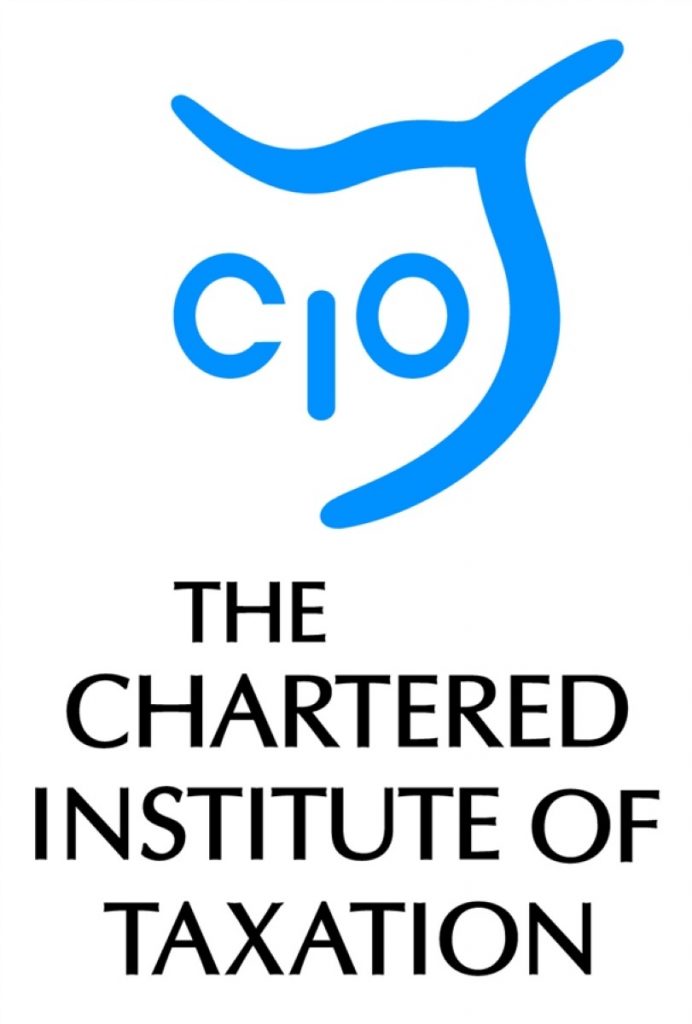CIOT: GAAR needs to tackle abuse without creating uncertainty
The Chartered Institute of Taxation (CIOT) has welcomed today’s launch of a government consultation document on a general anti-abuse rule (GAAR), but warned that much work is still needed on the proposals.
Patrick Stevens, CIOT President, said:
“The Government is right to be proposing a narrowly-targeted GAAR aimed at truly artificial schemes, as recommended by Graham Aaronson.
“It is important that the Government takes the proposal forward as the balanced package that the Aaronson report set out. The proposals contain important safeguards, including especially the Advisory Panel. However, there is much that still needs to be done to assure taxpayers that the new rule will not lead to uncertainty and unpredictability in tax, with all the damage that that could do to our economic competitiveness. The detail of this proposal, including the as yet unpublished schedule, will be crucially important.
“Artificial and abusive tax schemes bring the tax system into dispute. If a GAAR can be framed that stops abusive practices without preventing legitimate tax planning – such as making use of tax reliefs deliberately put in place by government – or introducing damaging uncertainty that will be a very welcome step.”
The CIOT has warned1 that many of the examples of ‘tax dodging’ highlighted by the media and campaigners would not be caught by the GAAR. Thus the Government must be clear on what the GAAR will, and will not, achieve.
Notes to editors
The CIOT, together with the Association of Taxation Technicians and Low Incomes Tax Reform Group, submitted a major paper to HMRC on the GAAR report earlier this year. See http://www.tax.org.uk/media_centre/LatestNews-migrated/GAAR_CIOT_ATT
The Chartered Institute of Taxation (CIOT) is a charity and the leading professional body in the United Kingdom concerned solely with taxation. The CIOT’s primary purpose is to promote education and study of the administration and practice of taxation. One of the key aims is to achieve a better, more efficient, tax system for all affected by it – taxpayers, advisers and the authorities.
The CIOT’s comments and recommendations on tax issues are made solely in order to achieve its primary purpose: it is politically neutral in its work. The CIOT will seek to draw on its members’ experience in private practice, government, commerce and industry and academia to argue and explain how public policy objectives (to the extent that these are clearly stated or can be discerned) can most effectively be achieved.
The CIOT’s 16,000 members have the practising title of ‘Chartered Tax Adviser’ and the designatory letters ‘CTA’.
– ENDS –
George Crozier
External Relations Manager
D: +44 (0)20 7340 0569
M: +44 (0)7740 477374
The Chartered Institute of Taxation
Registered charity number 1037771
www.tax.org.uk
The Association of Taxation Technicians
Registered charity number 803480
Registered company number 2418331
VAT Registration Number 497 5390 90
www.att.org.uk
Low Incomes Tax Reform Group – an initiative of the Chartered Institute of Taxation
www.litrg.org.uk
1st Floor, Artillery House, 11-19 Artillery Row, London SW1P 1RT





-01.png)